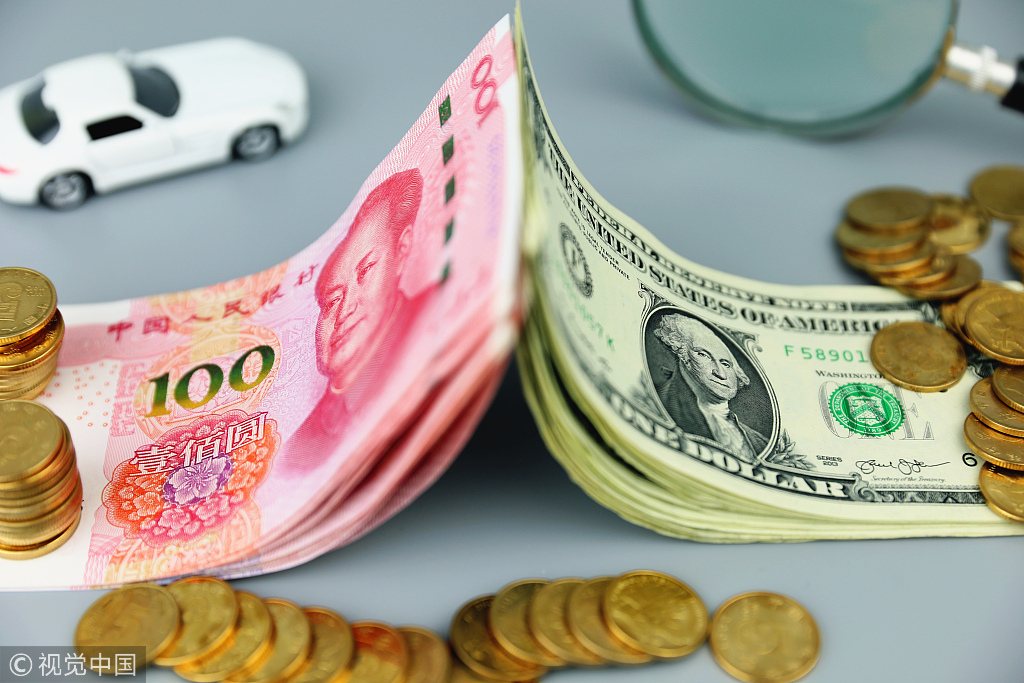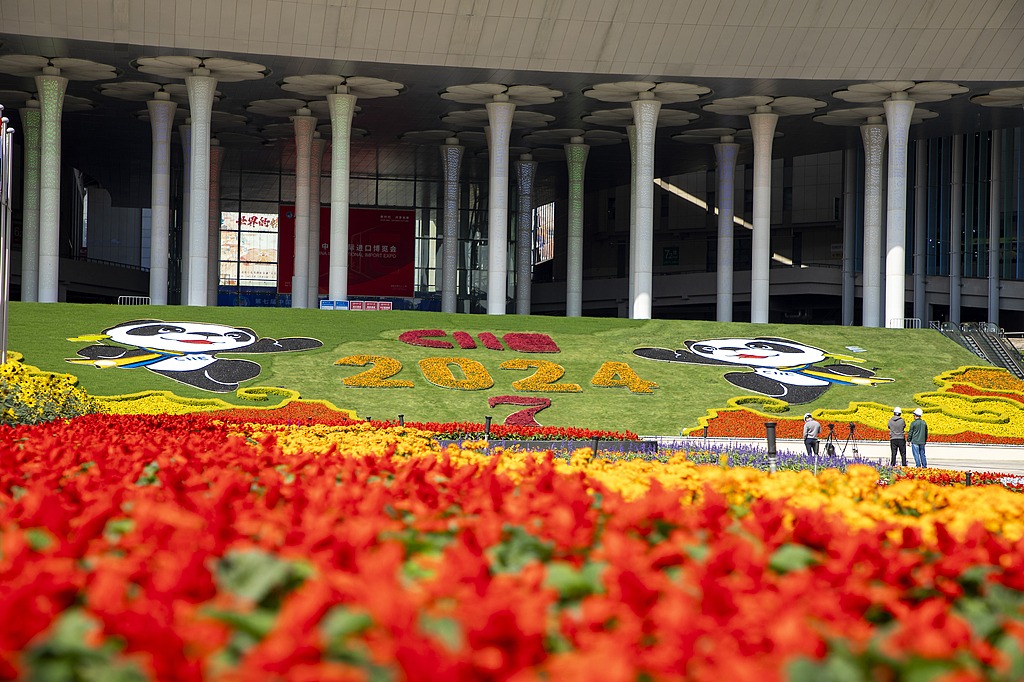Hedging against rate risks expected


China's central bank may take further action to hedge against exchange rate risks, in light of the changing global situation and recent currency turmoil in some emerging markets, according to analysts and an official report.
Additional measures, if necessary, will be used to minimize the negative impact from foreign exchange market fluctuations and to maintain the renminbi at a stable level, in accordance with the latest central bank monetary policy report.
The People's Bank of China issued the second quarter monetary policy report late on Friday. It stated that the central bank has paid close attention to recent cross-border capital flows that have been influenced by the changing global situation.
Analysts said the measures may refer to some fine-tuning of monetary policy in the future, although the current "prudent and neutral" monetary policy remained unchanged in the report.
Any fine-tuning will focus on "hedging against external uncertainties and possible credit crunches in some areas, and strengthening support of the real economy such as for small and microsized enterprises", said the central bank. In the meantime, the leveraging level or the debt ratio should be controlled without resorting to a strong stimulus via monetary easing.
An uncertain global economic outlook accompanied by escalated trade tension could further drive investors' risk aversion and lead to a retreat of investment, said the central bank report.
"Measures should be taken to closely monitor capital outflows, such as re-evaluating some overseas development projects of State-owned enterprises," said Zhang Lianqi, a member of the Chinese People's Political Consultative Conference National Committee and a partner of Ruihua Certified Public Accountants.
On Friday, the Turkish lira plunged 23 percent to a record low against the US dollar. The turmoil also put the euro under pressure when global investors expressed concern over the risk exposure of European banks-major lenders to Turkey. The Russian rouble also weakened 1.5 percent against the dollar.
Amid exchange rate fluctuations in emerging markets, the US dollar index reached the highest level seen in more than a year.
China's foreign exchange market is less likely to suffer "direct contagion" from the plunging Turkish currency, but a sharply strengthened US dollar may add depreciation pressure on the renminbi, said Guan Tao, former director of the international payments department of the State Administration of Foreign Exchange.
According to the central bank, the renminbi weakened 5 percent against the US dollar in the second quarter, offsetting its 3.9 percent appreciation in the first three months.
Yu Yongding, an economist with the Chinese Academy of Social Sciences, also warned at a forum over the weekend to watch out for capital outflows given the backdrop of some emerging markets' currency turmoil. Yu added that a sharp depreciation of the renminbi is unlikely.
Chinese banks have recently accelerated issuance of new loans, especially those supporting infrastructure construction, said a statement from the country's financial sector watchdog.
In July, banks authorized 172.4 billion yuan ($25.18 billion) in renminbi loans for infrastructure construction projects, 46.9 billion yuan more than in June, according to the China Banking and Insurance Regulatory Commission.
According to preliminary statistics from the CBIRC, total newly issued renminbi loans stood at 1.45 trillion yuan last month, up 623.7 billion yuan compared with a year earlier. But the figure was still lower than June's new loans of 1.84 trillion yuan, said the commission.




































